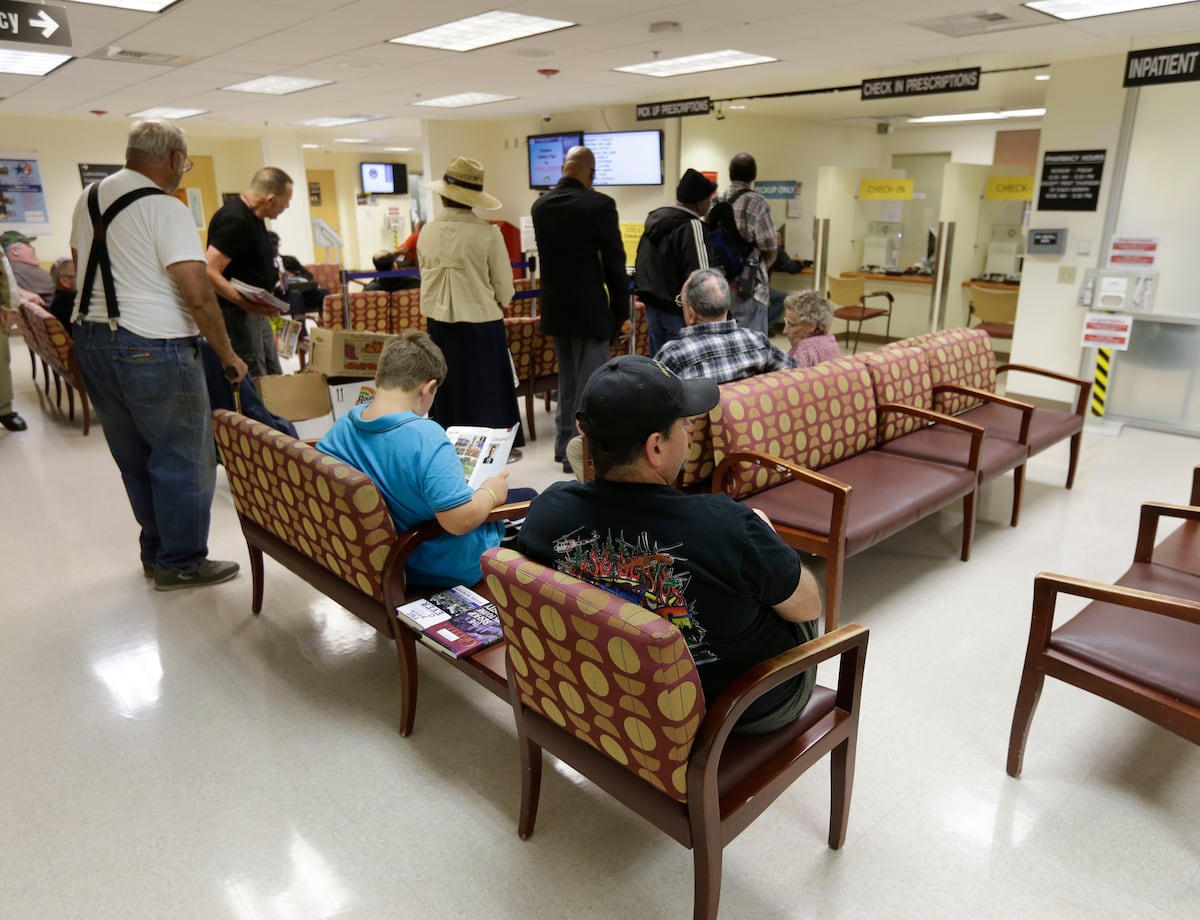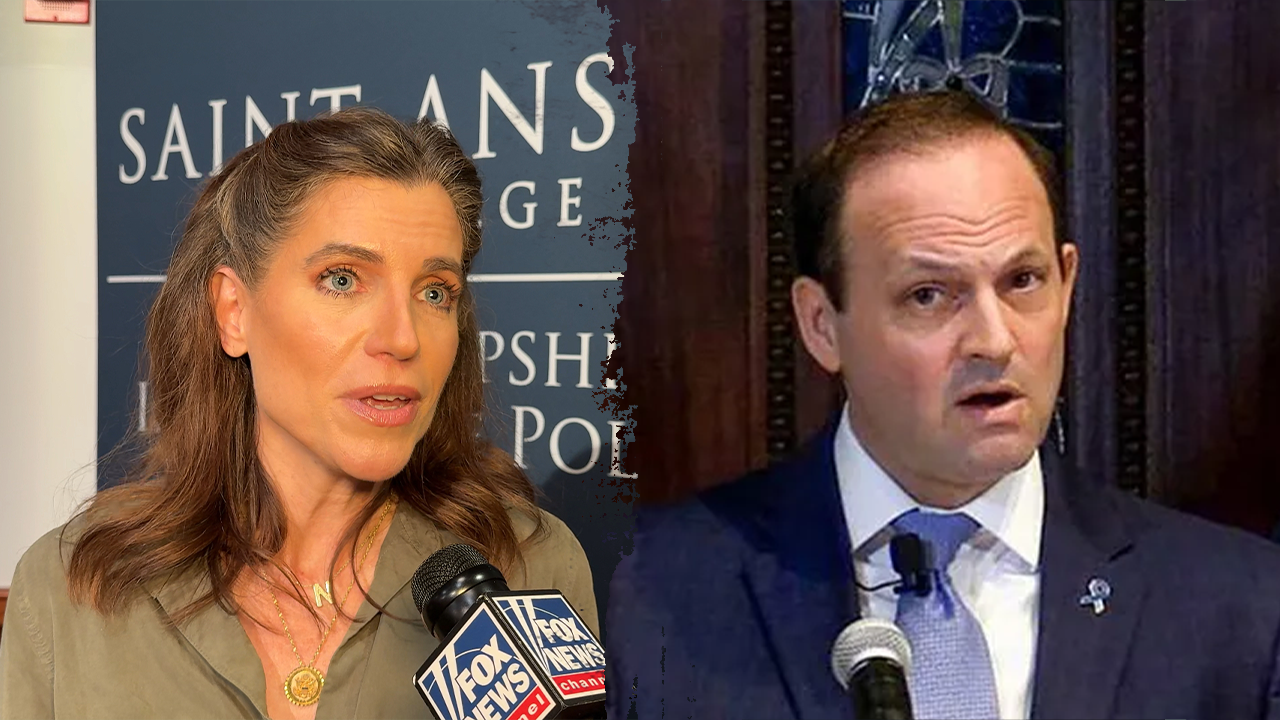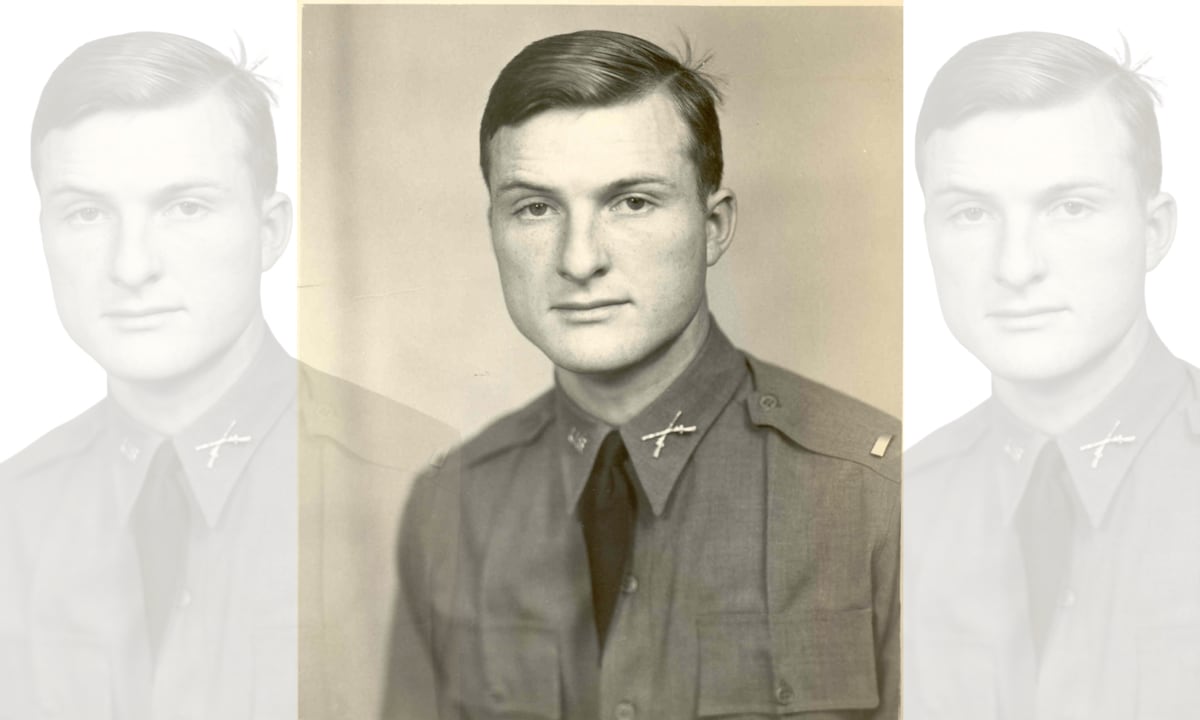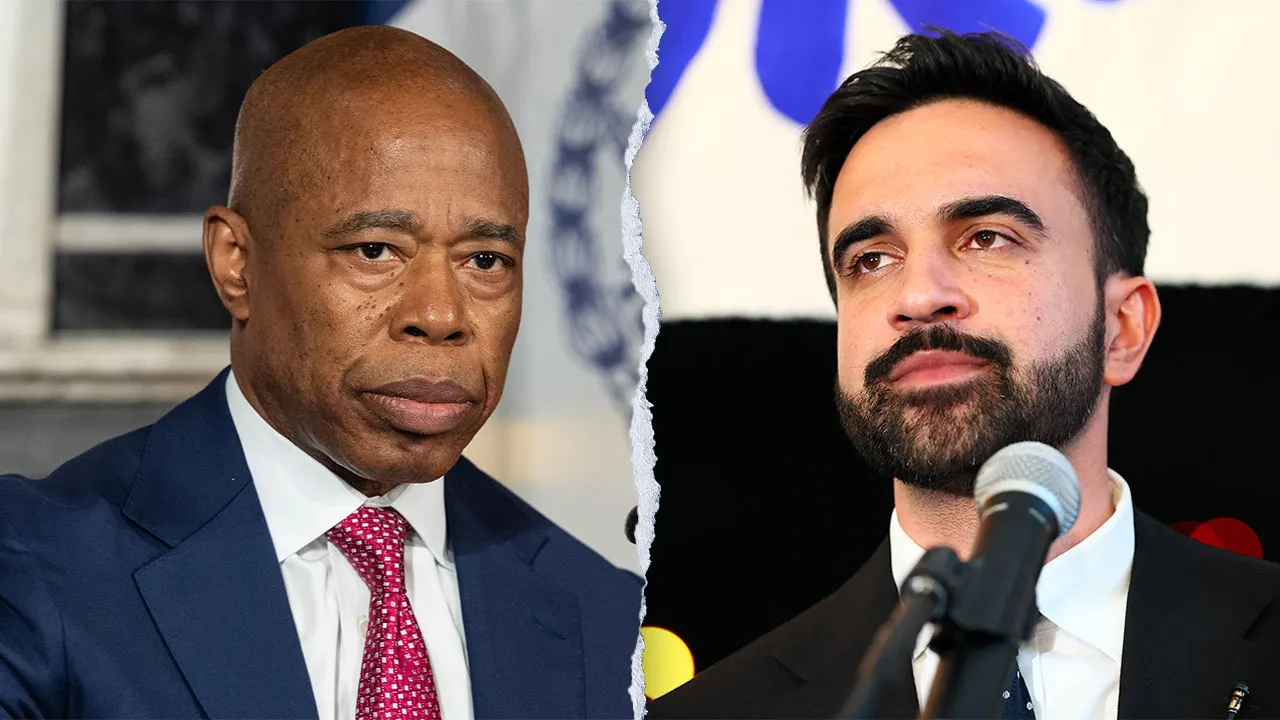VA to ease authorization rules for some outside care, raising concerns

Veterans Affairs officials will extend community care authorizations for up to one year for procedures related to 30 separate medical specialties, a move that critics charge could potentially put taxpayers on the hook for expensive and ineffective medical treatments.
Department leaders on Monday said the change is needed to ensure that veterans’ medical care outside the federal health systems is not delayed or disrupted by cumbersome regulation. Currently, patients need to get reauthorizations every three to six months for the community care appointments.
“No veteran should have their health care disrupted by red tape,” VA Secretary Doug Collins said in a statement announcing the new policy. “This change means better continuity of care, which leads to better health outcomes. It also improves convenience for veterans and cuts administrative work for VA staff and community care partners.”
The list of specialty services covered includes cardiology, dermatology, endocrinology, neurology, psychiatric outpatient treatments, optometry, some orthopedic work and addiction medicine.
RELATED
Officials said the year-long authorizations will allow community providers “to manage care with fewer administrative barriers and greater flexibility” while also reducing paperwork for veteran patients.
Community care has been a topic of controversy within the department since President Donald Trump’s first term in office. He frequently promised to expand “choice” for veterans in their health care, charging that many faced long wait and travel times for federal health care.
But Democrats on Capitol Hill have charged that outsourcing too much of veterans medical care to the private sector amounts to privatizing the department’s health care responsibilities, and that the oversight of non-VA clinics is already too lax.
They have also charged that outside clinics don’t face the same standards and scrutiny as department-run health offices, which could lead to substandard care for veterans if VA experts are not closely monitoring patients’ medical progress.
Despite the concerns, community care usage has risen significantly in recent years. In fiscal 2017, the department paid for nearly 27 million outside care appointments, roughly 27% of VA total scheduled medical visits. By fiscal 2023, that number had grown to almost 47 million, about 39% of the total.
Budget plans for fiscal 2026 call for community care programs to rise to roughly $34 billion in spending, almost four times the total a decade ago.
And last week, lawmakers on the Senate Veterans’ Affairs Committee advanced plans for revamped standards for community care appointments, a move designed to codify eligibility triggers for outside care programs. House Democrats had strongly opposed an early draft of the bill, but the revised Senate measure passed out of committee with bipartisan support.
House Veterans’ Affairs Committee ranking member Mark Takano, D-Calif., voted against the measure and called Monday’s policy change an attempt to shift more medical care from the federal system into private practices.
“VA is abdicating its responsibility to provide care coordination,” he said. “The Trump Administration’s push to outsource VA care puts veterans with complex care needs at serious risk of falling through the cracks, as VA shifts more responsibility for coordination onto a private sector that is neither equipped nor accountable to manage their care the way VA can.”
But Senate Veterans’ Affairs Committee Chairman Jerry Moran, R-Kansas, took to social media in support of the change.
“By extending community care authorizations for 30 health care specialties, VA is cutting through red tape and bringing greater consistency to the delivery of care for veterans,” he wrote.
Leo covers Congress, Veterans Affairs and the White House for Military Times. He has covered Washington, D.C. since 2004, focusing on military personnel and veterans policies. His work has earned numerous honors, including a 2009 Polk award, a 2010 National Headliner Award, the IAVA Leadership in Journalism award and the VFW News Media award.







